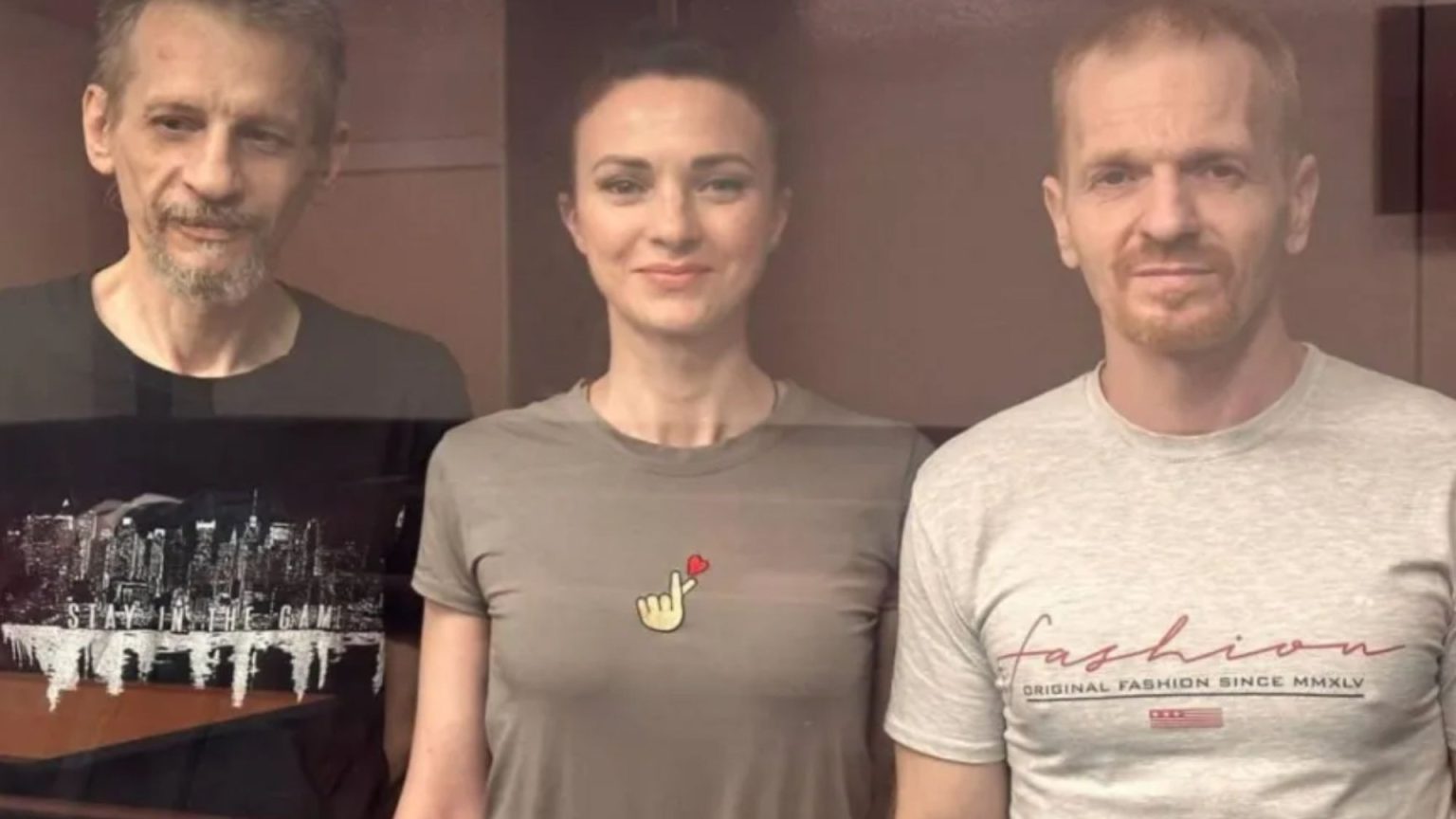Natalia Vlasova, a Ukrainian woman born in 1981, endured a horrific ordeal of torture and sexual violence at the hands of Russian militants in the Donbas region in 2018. Her harrowing testimony, delivered to a Russian court during her own trial on fabricated terrorism charges, detailed systematic abuse including the filing down of her teeth, electrocution, and repeated gang rape by up to fifteen men. Vlasova identified Vasyl Yevdokimov, known as “Lenin,” a prominent figure in the notorious Izolyatsia secret prison, as one of the primary perpetrators of her torment. He personally subjected her to degrading acts of sexual violence and physical mutilation. The militants also employed psychological torture, threatening the life of Vlasova’s five-year-old daughter, Yulia, by claiming they would send her a booby-trapped toy. Despite the horrific nature of her testimony, the Russian court, presided over by Judge Oleg Aleksandrovich Cherepov, disregarded her account and sentenced her to 18 years in prison.
The charges against Vlasova, which included terrorism and plotting to kill Yevdokimov, were based solely on a coerced confession obtained under torture, a confession she later retracted. Human rights organizations have condemned the trial as a travesty of justice, highlighting the lack of credible evidence and the court’s blatant disregard for Vlasova’s testimony. The trial and sentencing of Vlasova are not isolated incidents but represent a pattern of Russia’s use of fabricated charges, forced confessions, and show trials to suppress dissent and silence those who speak out against their actions in Ukraine. Along with Vlasova, two other Ukrainians, Serhiy Hruzynov and Victor Shydlovsky, were also convicted on similar charges and received sentences of 20 and 22 years, respectively. Their alleged involvement in a terrorism organization remains unsubstantiated, lacking any credible evidence.
Vlasova’s account provides further evidence of the widespread use of sexual violence as a weapon of war by Russian forces. Her experience echoes numerous other reports of rape and sexual assault committed against Ukrainian civilians and prisoners of war, highlighting a systematic pattern of abuse and a deliberate strategy of terror. The targeting of women and girls with sexual violence is a brutal tactic designed to humiliate, degrade, and inflict lasting trauma on individuals and communities. International bodies and human rights organizations have documented these atrocities, calling for accountability and an end to the impunity enjoyed by the perpetrators.
Izolyatsia, a former art center in Donetsk, was transformed into a clandestine prison by Russian-backed separatists in 2014. It has gained notoriety for the horrific human rights abuses committed within its walls. Former detainees have provided chilling testimonies detailing torture, including electrocution, waterboarding, beatings, and prolonged solitary confinement. The prison’s name, meaning “isolation” in Russian, underscores the deliberate strategy of cutting off detainees from the outside world, subjecting them to physical and psychological torment, and silencing their voices.
Ruslan Zakharov, another Ukrainian held at Izolyatsia, recounted his ordeal of being electrocuted and beaten while being accused of spying for Ukraine. He described the agonizing pain of electrocution, the feeling of helplessness, and the constant fear of death. Like Vlasova, he was forced to endure prolonged physical and psychological torture, designed to break his spirit and extract a false confession. His eventual release came at a heavy price, his family forced to pay a substantial bribe to secure his freedom. His story, along with Vlasova’s, paints a grim picture of the systematic and brutal nature of the human rights abuses perpetrated at Izolyatsia.
The accounts of Vlasova and Zakharov are emblematic of the broader pattern of human rights violations and war crimes committed in the context of the conflict in eastern Ukraine. These atrocities include indiscriminate attacks on civilians, forced disappearances, torture, and the use of sexual violence as a weapon of war. The international community has condemned these actions and called for accountability for those responsible. The ongoing conflict and the lack of access to affected areas make it challenging to fully document the extent of the abuses, but the testimonies of survivors like Vlasova and Zakharov provide crucial evidence of the widespread and systematic nature of the violence. Their stories underscore the urgent need for international investigations and prosecutions to hold perpetrators accountable and bring justice to the victims. The ongoing conflict and occupation of parts of Ukraine by Russian forces have created an environment of impunity, where perpetrators of human rights abuses often escape accountability. The international community must continue to pressure Russia to adhere to international law, respect human rights, and allow access to independent monitors to investigate alleged war crimes and crimes against humanity.




